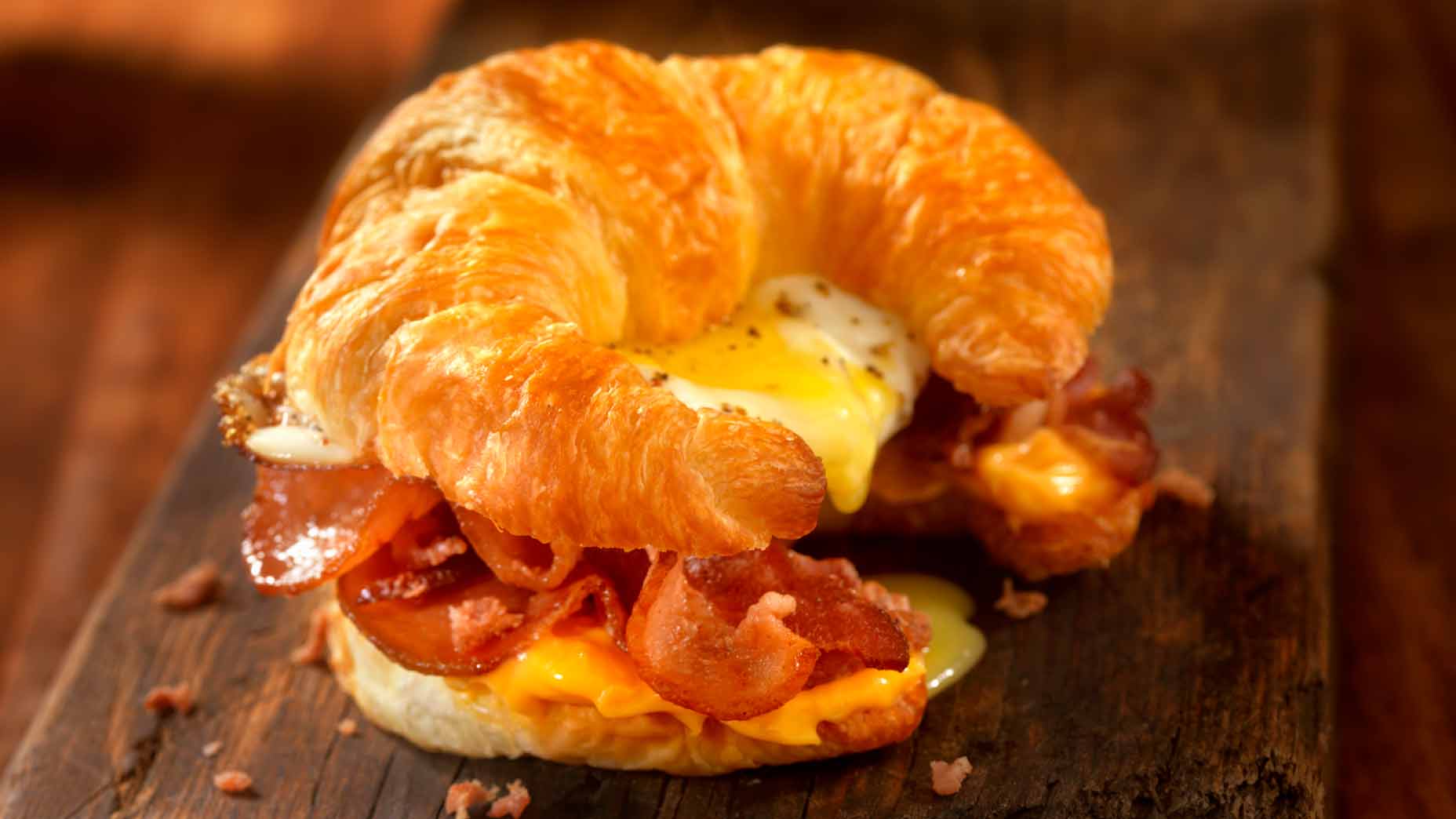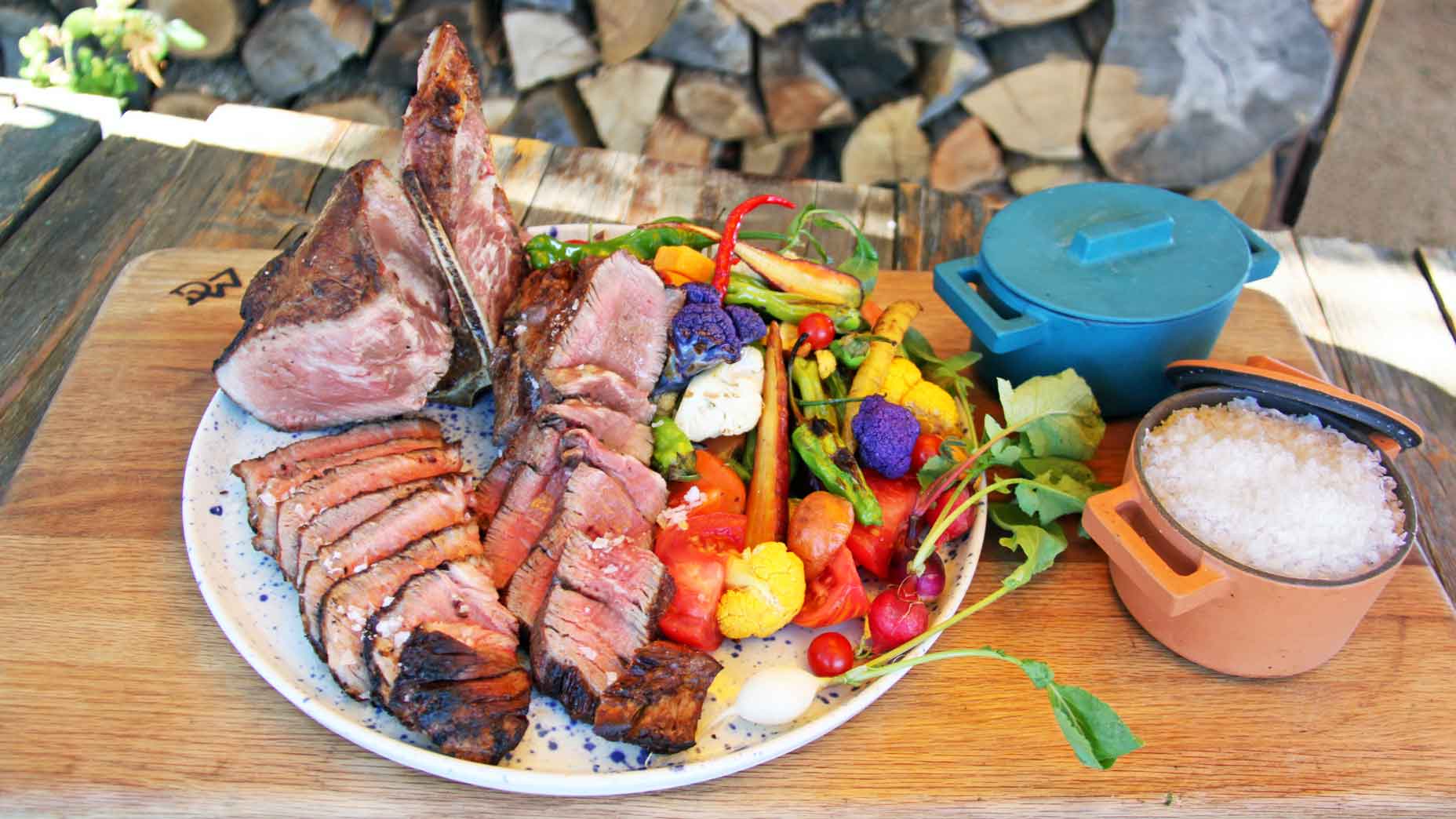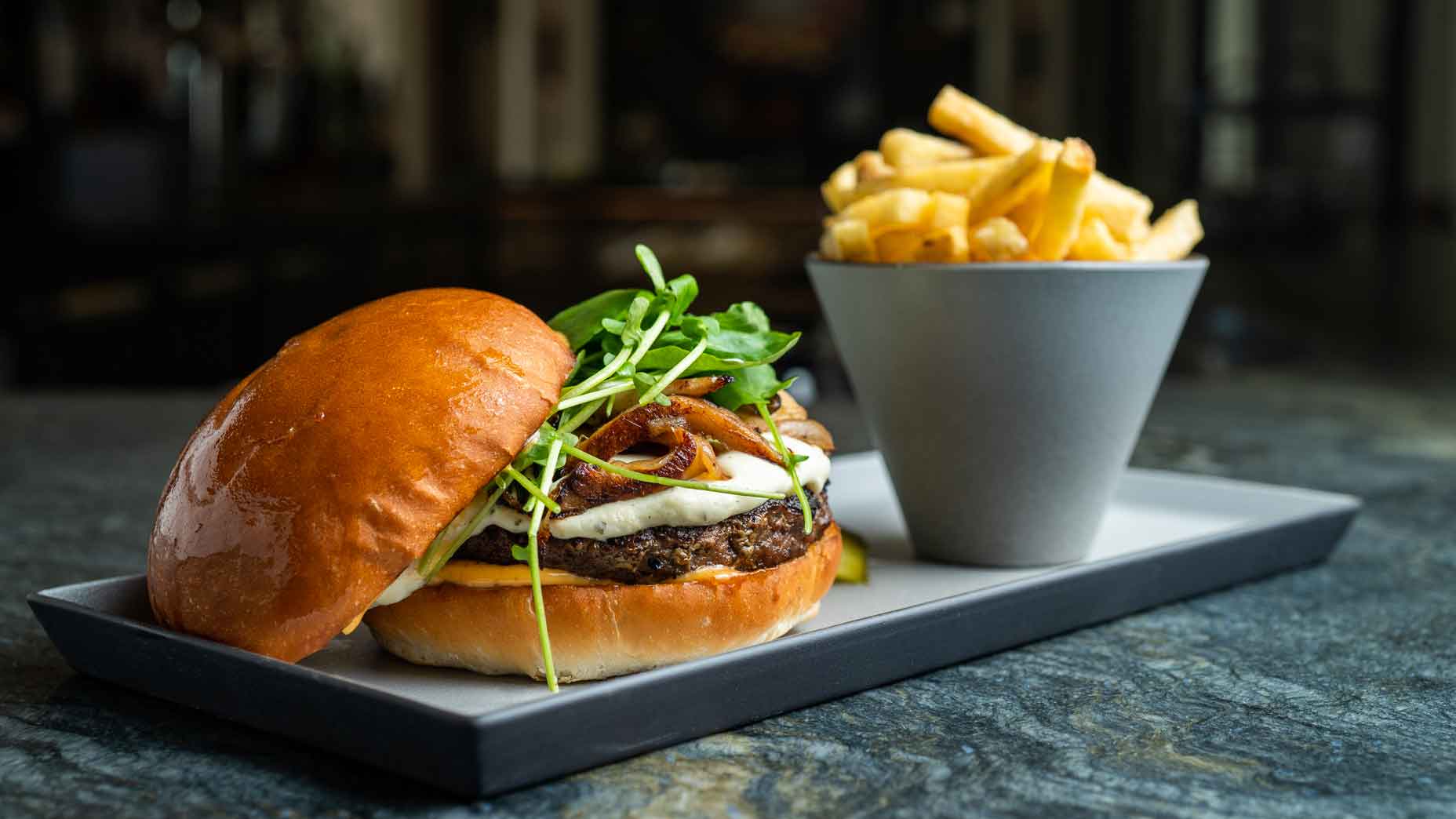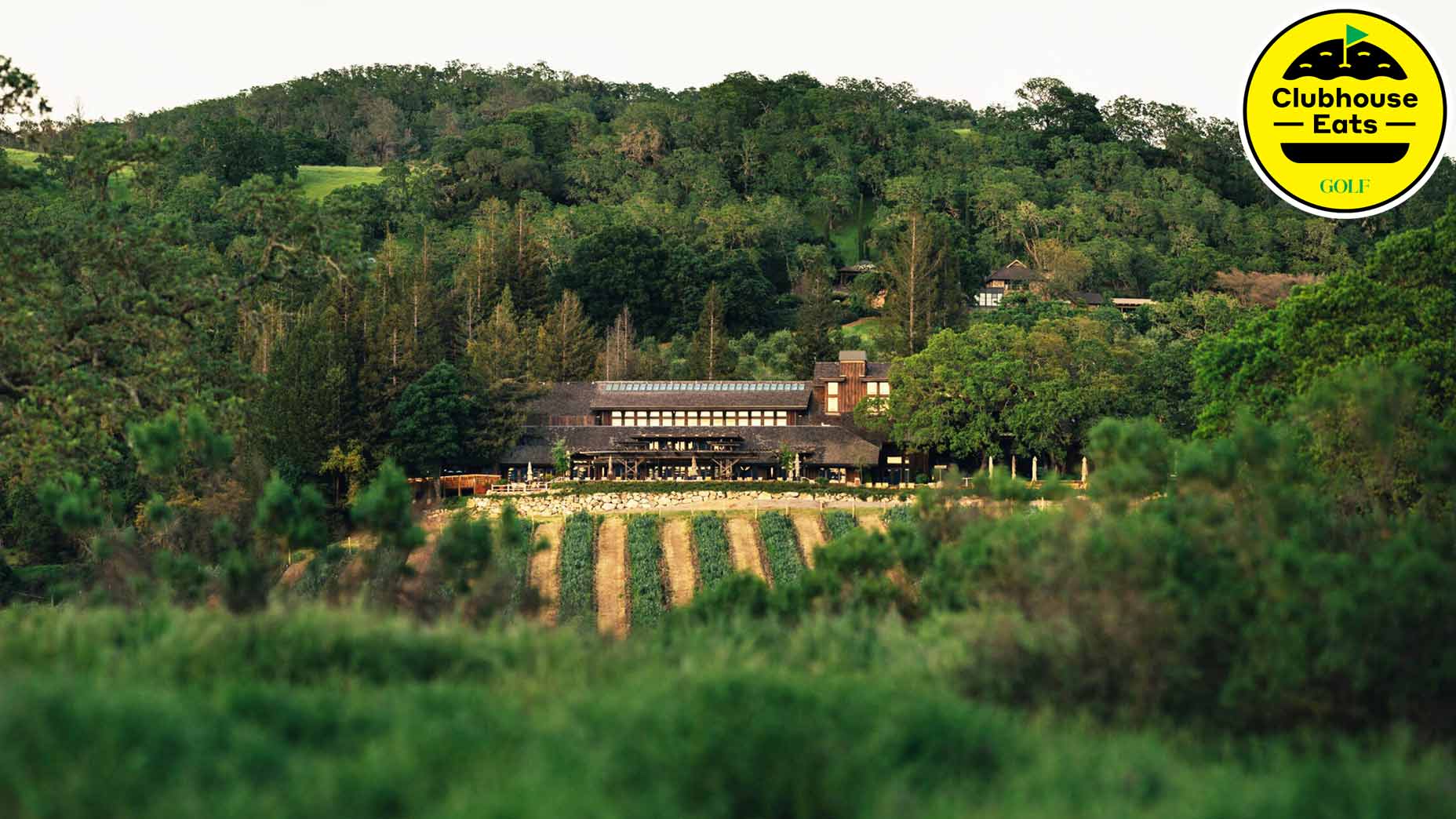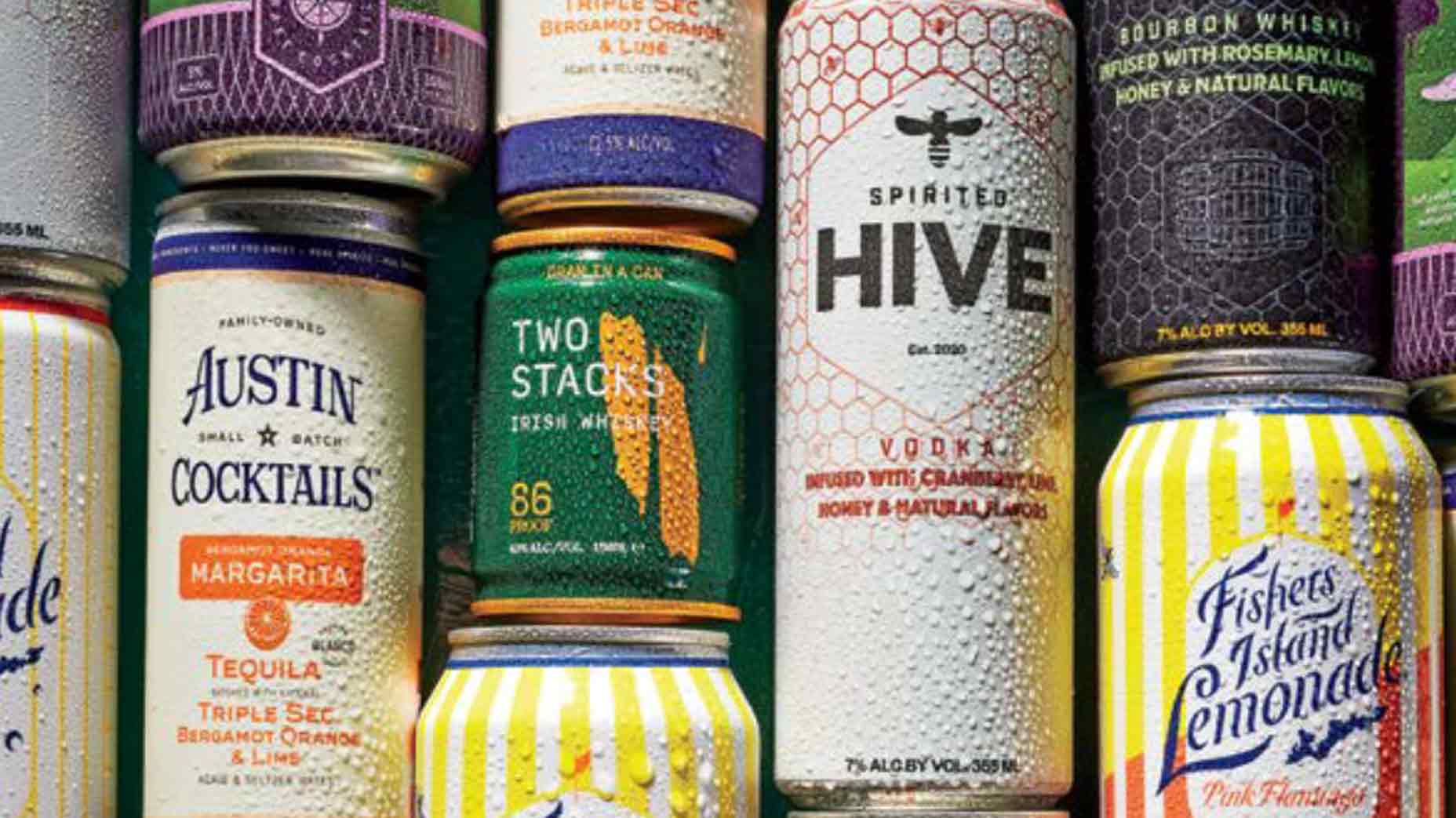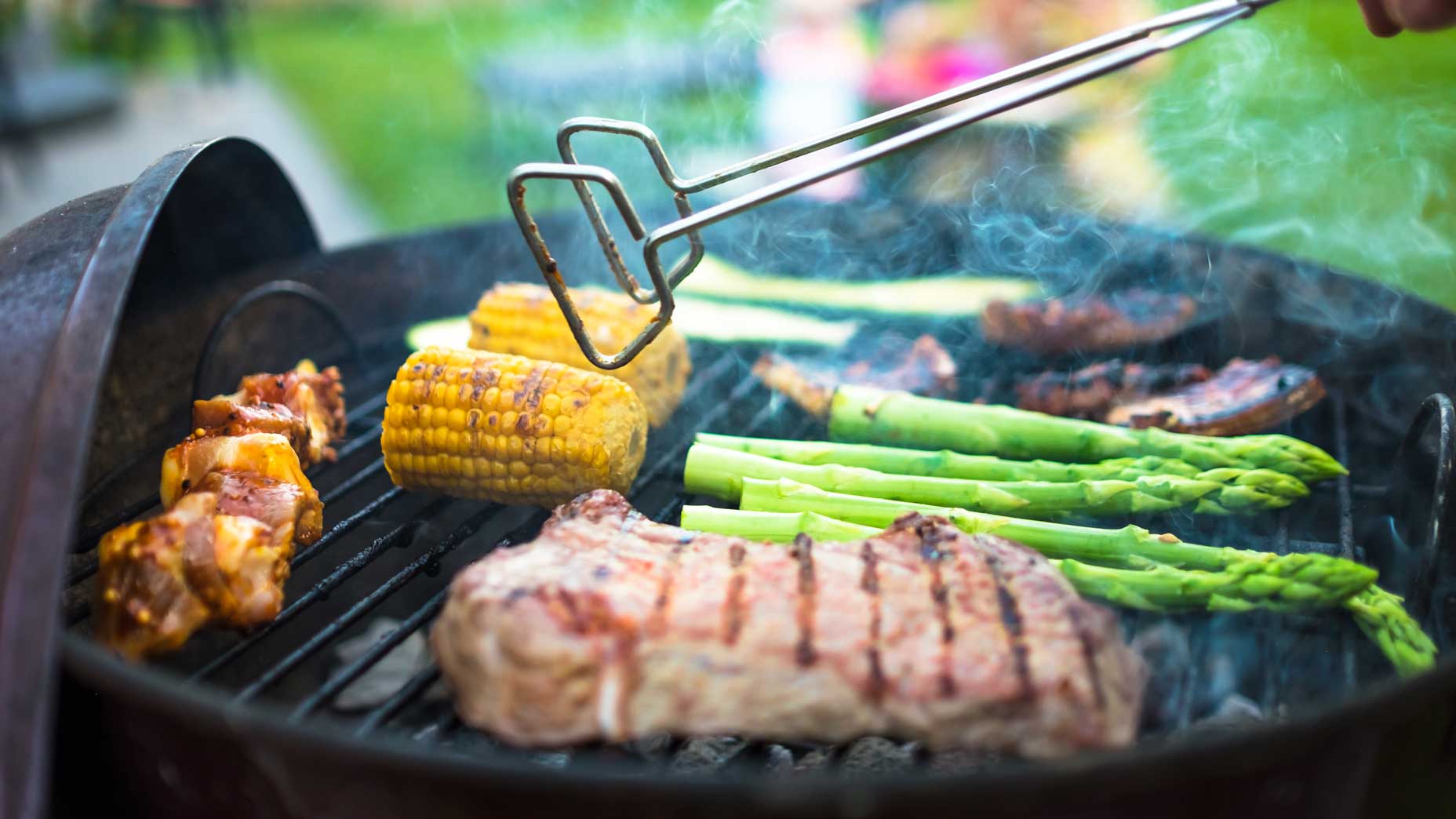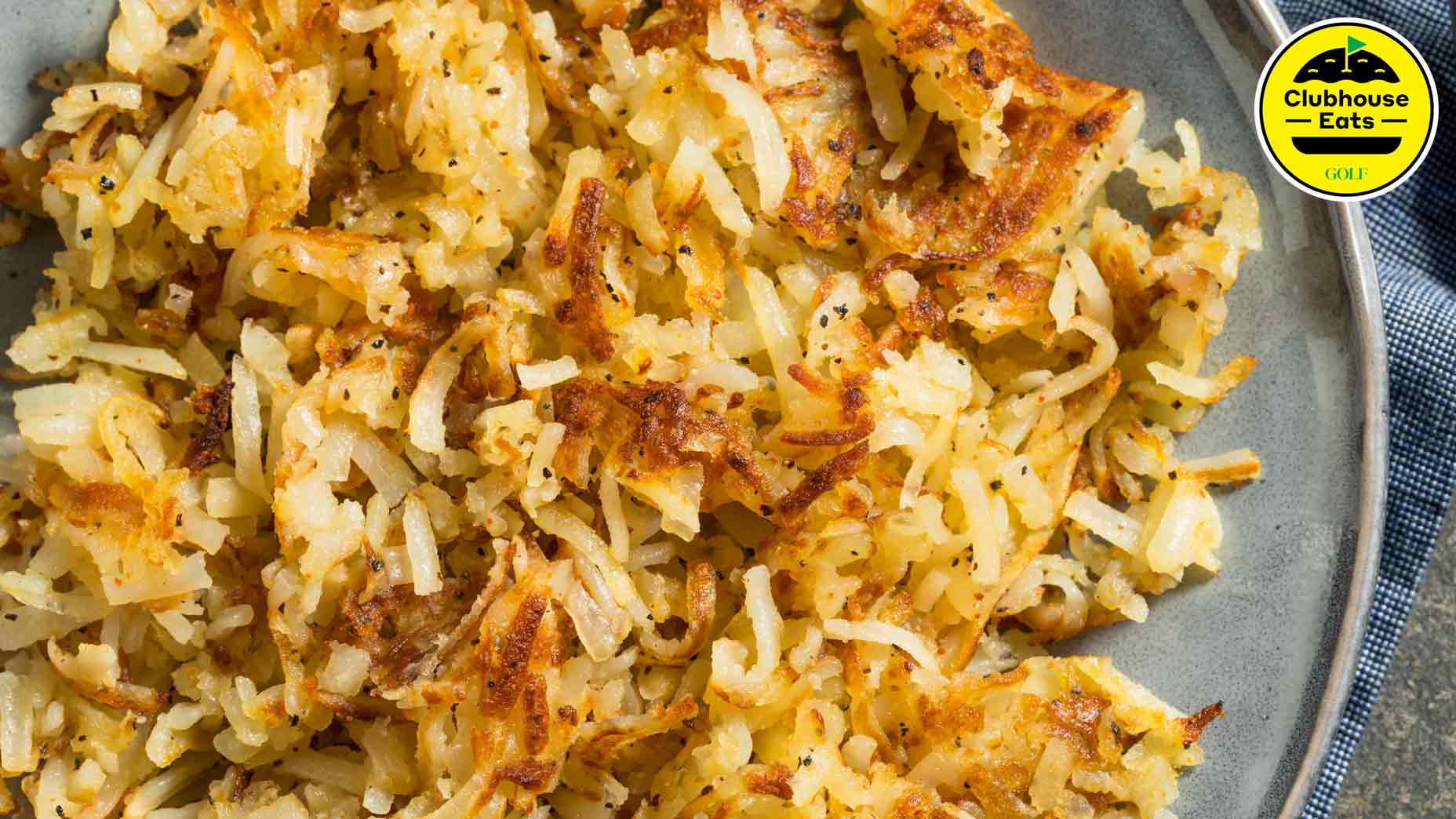In the beginning, there was the sandwich, an 18th-century culinary innovation that soon enough begat the breakfast sandwich: same basic idea, different time of day.
Originally favored by British factory workers around the dawn of the Industrial Revolution, the breakfast sandwich eventually made its way onto American golf courses, where it endures today as a grab-and-go staple.
In most cases, it consists of four ingredients: bread, meat, egg and cheese. But as with par, there are countless ways to make this humble morning meal.
And countless other ways to botch the job.
In the interest of honing our kitchen fundamentals, GOLF.com asked Garret Martindale, executive chef at Sequoyah Country Club, in Oakland, Calif., to describe his ideal breakfast sandwich, and to show us how to prepare it right.
Ingredients:
1 Croissant
2 Scrambled eggs
1 Slice ham
1 Slice Pepper Jack cheese
Salt and pepper to taste
Hot sauce (optional)
1. Getting the Ratios Down
Breakfast sandwiches, like golf swings, depend on balance. “The most important thing is to get the ratio of bread to filling right,” Martindale says. Because croissants are relatively delicate, take care not to overload them. Two eggs, max. A single slice of ham and cheese, each cut thin. “You want that ratio of bread to filling to be about fifty-fifty in every bite.”
Clubhouse Eats: How to make the perfect steak, according to a private golf club’s chefBy: Josh Sens
2. Toasting the Croissant
There’s nothing quite like a fresh, homemade croissant. But you’re not running a French bakery, so a store-bought one will do. Be sure to warm it up, though. At Sequoyah, Martindale does this on the stove top, slicing the croissant crosswise and grilling each side face-down. No need for butter; a croissant is plenty buttery on its own. You can do the same at home. Or warm the croissant whole in your oven or toaster oven, then slice it when you’re ready to assemble your sandwich. Don’t use a microwave, as it will turn your croissant into rubber.
3. How to Beat and Treat Your Eggs
Nothing wrong with a fried egg, Martindale says. At home, that’s a great option. But for golf course grub, portability is important, and scrambled eggs in a sandwich make much less of a mess. A few key rules for scrambling. For starters, never crack your eggs directly in the pan. Crack them into a separate bowl (where it’s easier to remove any shell fragments), then do to them what you like to do to your playing partners: whip them good. A whisk is ideal, but you can also use a fork, making sure that the yolks and whites are blended thoroughly. Wait to season with salt and pepper until the eggs are in the pan, as it’s easier to see how much of each you’re adding, Martindale says.
Clubhouse Eats: The 4 keys to making a perfect burger, according to a golf resort’s executive chefBy: Josh Sens
4. Go Low and Slow
What’s good for the backswing is great for scrambled eggs. Cooking them on high heat will dry them out. In a non-stick pan over low to medium heat, add a pad of butter and a drizzle of olive oil; the oil will add flavor and prevent the butter from burning. Add the eggs, stirring slowly and constantly until curds begin to form. Season with salt and pepper to taste and continue cooking the eggs to your desired texture. Keep in mind that the eggs will continue cooking when you remove them from the pan.
5. Assemble Your Sandwich
This is the fun part. And the easy part. A single, thin slice of ham goes first, then the eggs, then a single thin slice of Pepper Jack cheese. The heat from the eggs and croissant will melt the cheese. Whether to add hot sauce is up to you. Martindale favors a dash of Tabasco. A good breakfast sandwich should be made to order, Martindale says, not left to sit around. If you have to wrap it up, use deli paper instead of tin foil, as the tight seal of tin foil will steam the sandwich and you’ll lose the flakiness of the croissant.
6. Eat
At whatever pace you choose.
